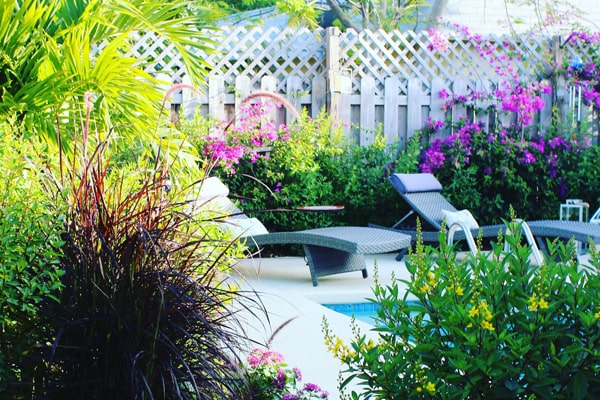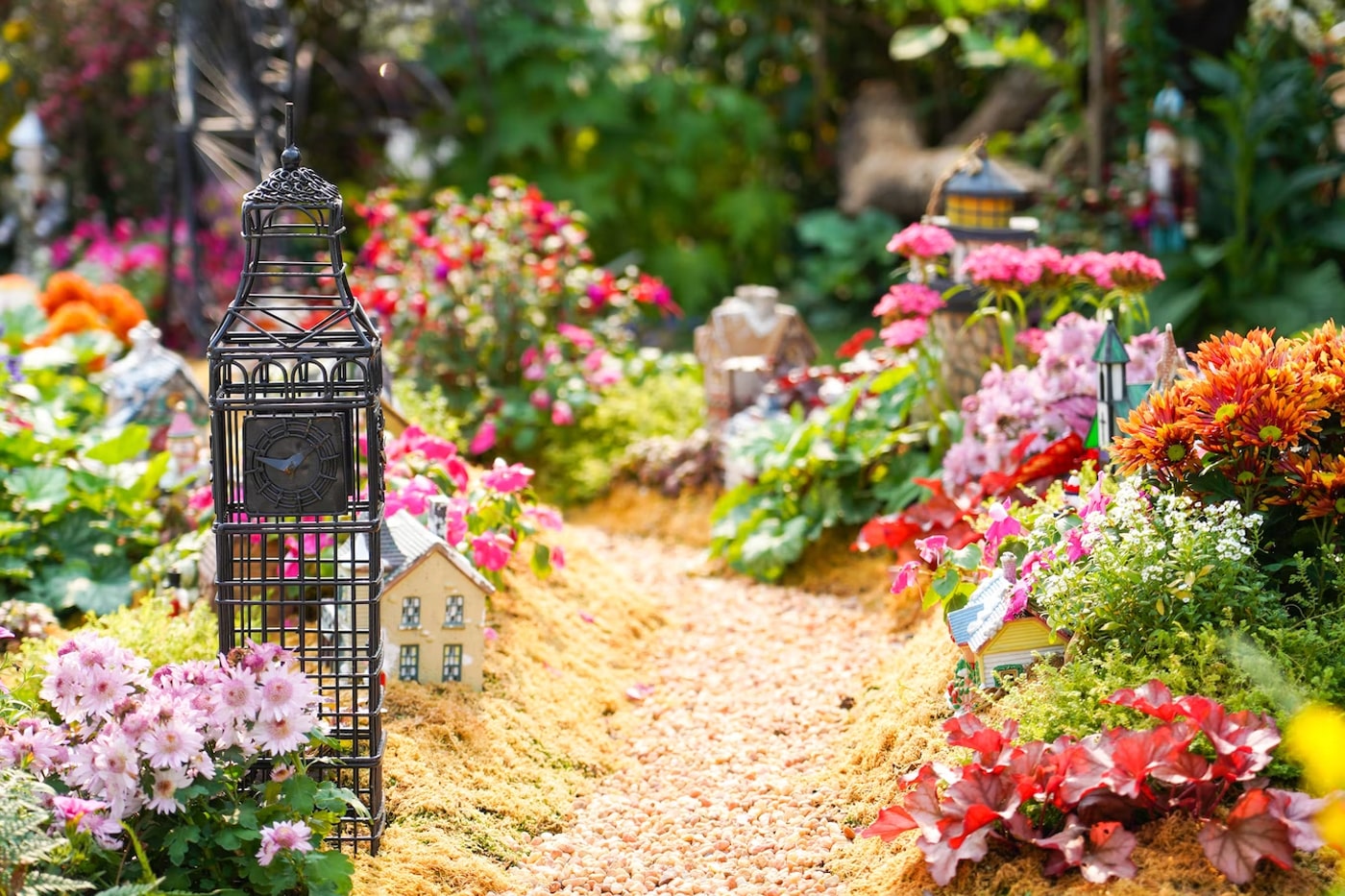No need to wait until next year to make positive changes in your gardening habits, it’s nice to plan ahead.
January is a great time to list important gardening tasks for the rest of the year. This goes no matter what goals you plan to achieve, the size of your garden, or your level of expertise. There is always room for improvement!
Gardening Resolutions for the New Year
Make sure to include gardening when setting your goals for next year. Here are ten gardening tips and garden resolutions to stick to this 2023!
Reduce Plastic Use In The Garden
If you haven’t minimized your use of plastic in the past, the following year is the best time to do it. As you know, plastic takes up to 500 years to break down. Tonnes of plastic products end up in landfills, choking the earth and seas! You’re not contributing to the worsening problem by minimizing your plastic use.
To reduce your plastic use in the garden:
- Avoid plastic pots and opt for organic ones made from wood, coir, or bamboo.
- Opt for jute or hemp strings instead of plastic ropes, and reuse whatever plastic products you have in the garden, like buckets, labels, etc.
- Always choose a natural or organic option.
Create a Compost Bin

If you have been putting off creating a compost bin for the past years, let this be at the top of your gardening resolutions for 2023! A compost bin is a perfect way to use kitchen and garden scraps that only end up being thrown away. Through composting, you’ll generate organic compost that will enrich the soil and improve yield the next harvesting season.
You can create a compost bin by digging a pit in the backyard or using a bin as a container. You can also buy a proper compost bin if you want to make more compost for longer. Whatever you put into the compost pit, use a perfect balance of brown and green materials so the compost will “cook” properly. Not all kitchen scraps and yard materials are suitable for composting.
Give Organic Gardening a Try
Avoiding chemicals to tend to the garden is important because toxic compounds adversely affect the soil, water, and air. Poisonous chemicals could also end up on your plate! Organic gardening is kinder to the earth because it eliminates pesticide use that pollutes the land and waterways.
Use organic fertilizers and compost to enrich the soil but avoid products made with peat moss. If you can create organic compost at home, do it to save more on fertilizers. Repel pests using neem oil, vinegar, and other natural repellants. You can also plant covers to repel certain pests.
Save Rainwater

Minimize your water consumption by collecting rainwater. Install a large barrel under a downpipe so rainwater flows straight into the container during rainfall. Use the collected water to water the garden, so you’ll never use tap water again! This is especially useful if you live in a place with hard water. Some neighborhoods have rules against rainwater collection, so check with the homeowner’s association before installing an elaborate setup.
Attract Wildlife
A garden naturally attracts critters of all kinds, but you can turn it into a shelter for the local wildlife by adding birdhouses, water dishes, baths, etc.
Planting more flowering plants will attract birds, bees, and butterflies. Adding woodpiles and kitchen scraps to the compost will nourish earthworms and bees. Nectar-rich plants like honeysuckle, bee balm, cat mint, or torch lily will attract bees and hummingbirds. Installing a small pond in the middle of the garden can attract various species of frogs, newts, and garden birds.
Plant More Shrubs, Reduce the Lawn
Maintaining a lawn is not only backbreaking, but it’s also expensive! A large lawn also crowds out native plants and affects local wildlife. Instead of maintaining a huge yard, focus on planting local perennials and shrubs.
Maintaining shrubs and perennials is much easier compared to grass. You don’t consume water nor dedicate much time watering, fertilizing, and reseeding the lawn this way. You don’t have to get rid of the entire lawn, just places where the grass does not thrive easily, like under trees or shady areas.
Create a Seating Area
If you want to enjoy your garden to the fullest, we suggest setting up a seating area in the prettiest part of your outdoor space! A metal bench, swinging bench, or a proper patio furniture set is ideal for the garden. You can also build a fire or barbeque pit to entertain friends in the future. A seating area gives you a place to relax and enjoy the view, a place where you can hang out with friends and loved ones on the weekend.
Start a Garden Journal
Keeping track of your gardening strategies and yard work is incredibly beneficial to your garden. It is much easier to keep a written account in a gardening journal. Write about the tasks you should prioritize before and after the growing season, what plants are best grown in various parts of the garden, as well as outline the problems you’ve solved over the season in your gardening journal. Add pictures, illustrations, or clippings to the diary to make it unique and interesting. You can revisit your gardening journal whenever you need ideas or loan it to a friend who needs gardening advice!
Try a DIY Project for the Garden
Are you handy with tools? You can try building whatever DIY project you’ve been putting off for months in 2023. If you’ve been itching to make new changes in the garden, you can do that too. You can build a garden bed, a pergola, or add trellises you made with unused wood, or even a pergola, to enhance the garden. You can also build a compost bin using unused containers.
You don’t have to be handy with tools to try DIY projects. You can purchase a ready-made garden bed or add landscape fabric to certain garden areas to update your outdoor space.
Keep the Garden Organized

If you’ve got clutter building up in the garden, make a point to organize the space as part of your new year’s resolution. Keeping the garden clean improves the overall look of the space. Also, gardening becomes easier when you have proper storage for gardening tools and equipment.
Don’t leave your garden hoses a tangled mess; these should be sorted, looped, and stored in the shed when not used. Use a rake to clean up between garden beds to remove garden debris and level the soil. Maintain the shape of bushes and trees and promote better plant health with a good pair of pruning shears.
January Gardening with ECOgardener
The new year brings new changes in and around the home! We hope that with these tips, we’ve inspired you to make positive changes in your living space and improve the look of your home. For more gardening tips, check out our blog!



